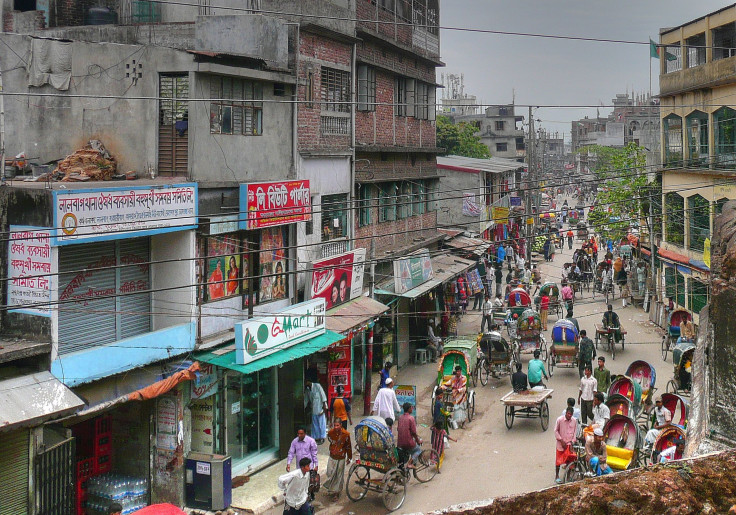Poverty Makes You A Risk Taker, Says Study; Income Greater Influence Than Age

The older you get, the less likely you are to make risky decisions — unless you grew up in poor conditions, according to a new study. A small team of researchers from the University of Basel and the Max Planck Institute for Human Development in Berlin set out to study how poverty and income equality influence risky behaviors in countries throughout the world. Their findings, published in the journal Psychological Science, reveal citizens' willingness to take physical, social, legal, and financial risks.
For the study, researchers collected data from the World Values Survey, which measured the values and views of people in 77 different countries. In total, they examined 147,118 responses from people between the ages of 15 and 99 (52 percent female and 48 percent male). Participants were asked to rate how adventurous they were or how often they engaged in risky activities on a scale from one to six. We tend to believe people take fewer risks as they age, but in this case, older people took more risks when they didn't have much money.
"We were able to show that in countries with great poverty and difficult living conditions, the propensity to take risks remains high even in old age," said the study’s co-author Rui Mata, assistant professor and head of the Center for Cognitive and Decision Sciences at the University of Basel, in a press release. "One reason could be that citizens of countries in which resources are scarce have to compete with each other more fiercely than in wealthier countries."
Not everyone looks at risk with the same perspective. Researchers found the variation among individual’s hardships, economic and social poverty, a country's homicide rates, income per capita, and income inequality determined if they were a risk taker. In poorer countries, like Nigeria, Mali, and Pakistan, risky behavior didn't decrease with age in comparison to wealthier countries, like Germany, Russia, and the United States.
Age-related risk aversion, also known as the "certainty effect," is a prevalent stereotype, according a previous study conducted by the American Psychological Association. The APA's findings revealed the older a person was, the less likely they were to gamble. This new study builds upon that theory and paints an even clearer picture of how risk works around the world, with the special exception of those living in poor and difficult living conditions.
"We need to take into account the interactions between humans and their environment," said the study's co-author Ralp Hertwig, the director of the Center for Adaptive Rationality at the Max Planck Institute for Human Development, in a press release. "For research on decision making, this means that — unlike what many economists assume — individuals' risk propensity cannot be considered stable over time. Our study instead shows that across many cultures, people tend to take fewer risks as they grow older. At the same time, this adaptive process also depends on local living condition sans existential needs."
Next, researchers will further explore how different types of risk change as a person ages. They'll focus on their finances, health, career, leisure time, and social life to see what age a person starts to become more risk averse, and gravitate more towards security.
Source: Mata R, Josef AK, and Hertwig R. Propensity for risk taking across the lifespan and around the globe. Psychological Science. 2016.
Published by Medicaldaily.com



























